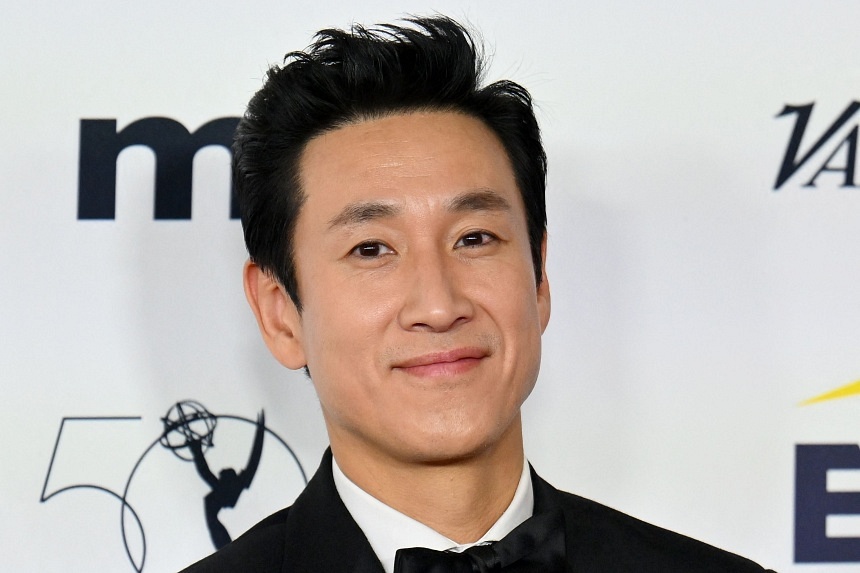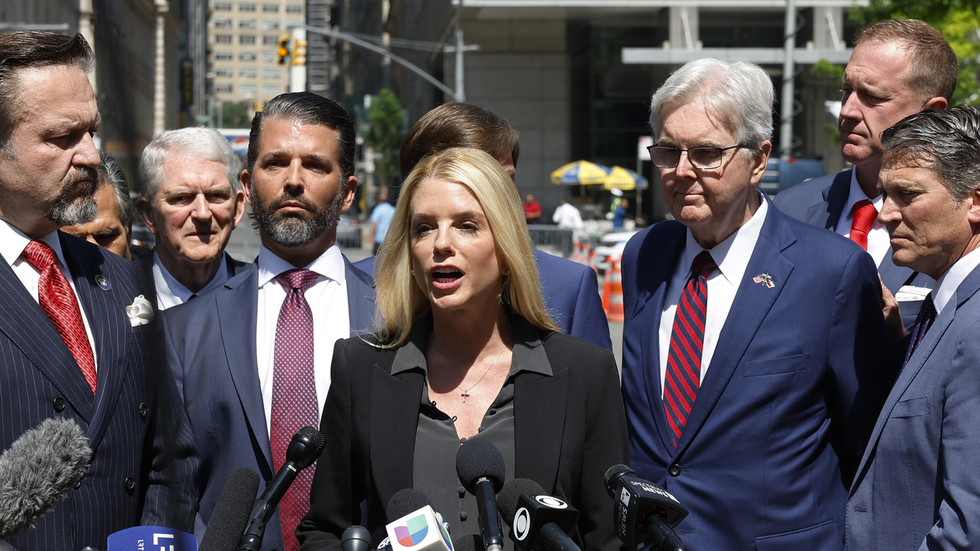The reelection of Donald Trump presents an opening for improving North Korea-U.S. relations. Better bilateral relations between Washington and Pyongyang can undermine the menacing North Korea-Russia alliance and help slow down North Korea’s rapid military buildup. The international community, including South Korea, Japan, and the U.S. allies in Europe, can contribute to such an outcome by engaging Pyongyang.
The state of North Korea-U.S. relations and inter-Korean relations is a disaster that has been years in the making. The dramatic progress made in both sets of bilateral relations in 2018-2019 under then-U.S. President Donald Trump and then-South Korean President Moon Jae-in all came to naught following the failure of the Hanoi summit in 2019 and the subsequent unraveling of the inter-Korean rapprochement.
Under the present Biden administration and the administration of South Korean President Yoon Suk-yeol, North Korea-U.S. and inter-Korean relations deteriorated further. Increasingly isolated from the West, Pyongyang has been on a collision course vis-à-vis Washington and Seoul. Kim Jong Un, the North Korean leader, has been expanding his military arsenal while making threats to destroy South Korea and conducting frequent tests of weaponry.
Even before Russia’s invasion of Ukraine, Pyongyang had already been drawing closer to Moscow and Beijing in the new cold war-like global geopolitical environment. The present global standoff pits the United States and its allies including Japan and South Korea vis-à-vis an emerging autocratic bloc comprised of China, Russia, North Korea, and Iran. In this milieu, Russia’s invasion of Ukraine marked the first “hot” war of the new cold war and accelerated the solidification of these two opposing blocs.
As its invasion of Ukraine turned Russia into a pariah state and Russia grappled with a shortage of munitions and troops, Moscow recently entered into a military alliance with Pyongyang, which is one of the few governments in the world that unequivocally supported the invasion. This military cooperation was proven to be a real, substantive alliance when North Korea sent not just munitions but a large contingent of troops to help Russia’s war effort.
Although it is unclear whether North Korea is in a position to supply even greater numbers of troops and weapons to Russia moving forward, it is instructive to remember that, during the Vietnam War, South Korea sent hundreds of thousands of troops to Vietnam to help the U.S. war effort there. If present war trends continue unchecked, it is possible that even greater numbers of North Korean troops and weapons will arrive in Russia and alter the course of the war in Russia’s favor.
Trump’s reelection offers a chance to undermine this North Korea-Russia alliance by engaging Pyongyang and improving North Korea-U.S. relations. In this, Trump can follow the Cold War precedent of Richard Nixon, who undermined the communist bloc by reaching out to China. Nixon’s détente with Beijing was guided strictly by realist statecraft, namely, a foreign policy based on the primacy of U.S. national security and a calculus of the global balance of power. Trump can pursue a similar policy by reaching out to Pyongyang. In this, he has an advantage in that he already has a personal relationship with Kim Jong Un.
Kim has good reason not to dismiss outright efforts to engage him. That North Korea has become so close to Russia is, at least in part, due to the neglect of North Korea on the part of the United States under the Biden administration, which has made no concerted efforts to engage Pyongyang. Neglected and shunned by the U.S. and its allies, North Korea had no better alternative than to draw closer to Moscow.
While it is true that Russia is in a position to help North Korea with military technology and some economic aid, Kim almost certainly knows that the West – including the United States, Japan and South Korea is stronger and wealthier than Russia – and ultimately has more to offer him than Russia does. Moreover, Kim most probably realizes that there is a risk in having his hands tied by the alliance with Moscow and that there is a benefit in keeping his options open when it comes to foreign partners.
President-elect Trump, therefore, is in a position to utilize his relationship with Kim to engage Pyongyang, and Kim is likely not to reject altogether such efforts. To make progress with North Korea, Trump needs to ensure that the people he appoints to positions of responsibility are not ideological hardliners determined to sabotage any effort to improve relations with Pyongyang. That the Trump-Kim summit in Hanoi came to naught was apparently due, at least in part, to the presence of such hardliners among the U.S. officials who negotiated with the North Koreans. Trump is more likely to succeed in engaging Pyongyang if he appoints pragmatists who are open to improving relations.
To get anywhere with North Korea, Trump needs to offer talks with no preconditions. The past U.S. approach of insisting on complete, verifiable, and irreversible denuclearization (CVID) from the outset of the negotiations is a non-starter for Pyongyang. Indeed, any such sweeping “big deal” will be rejected by North Korea, and any progress in denuclearization is probably possible only via a gradual step-by-step process of mutual confidence building.
Furthermore, any such progress is more likely if U.S. allies including South Korea, Japan, and those in Europe support such efforts to engage Pyongyang. The allies can offer concrete economic benefits contingent on North Korea reaching specific milestones in denuclearization. Such coordinated efforts to engage Pyongyang on the part of the United States and its allies are the only realistic pathway for at least temporarily freezing Pyongyang’s rapid military buildup. The alternative is to do nothing and just watch North Korea become an even greater military hazard as it enlarges its stockpiles of more deadly weapons with help from Moscow and sends even more troops and weapons to Russia.

 By The Diplomat | Created at 2024-11-25 17:14:52 | Updated at 2024-11-27 01:40:12
1 day ago
By The Diplomat | Created at 2024-11-25 17:14:52 | Updated at 2024-11-27 01:40:12
1 day ago








